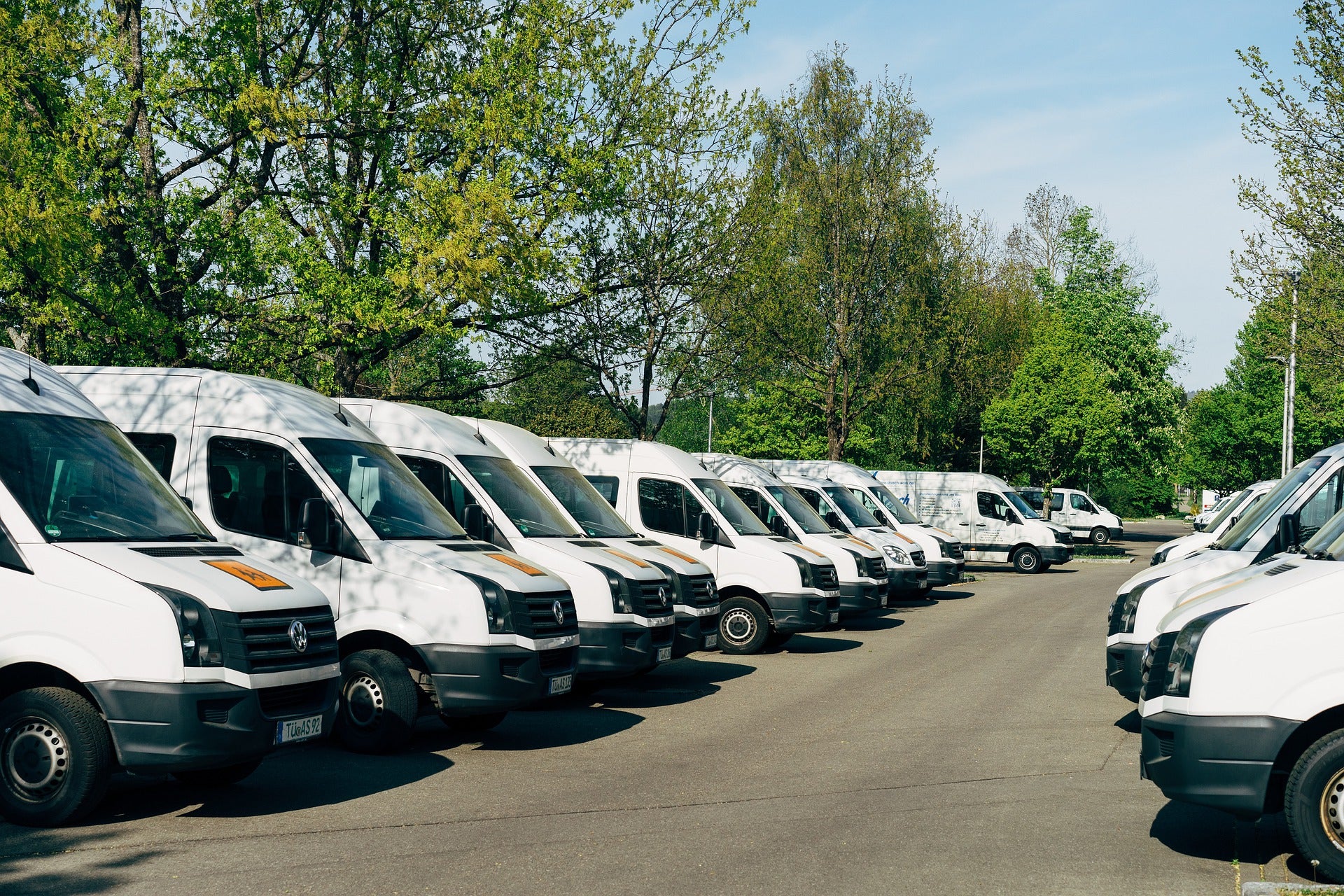
More than half (55%) of UK businesses are adopting electrified vans as they reduce environmental impact, research from Arval Mobility Observatory shows.
Other than the environment, respondents identified other key factors for alternative fuel adoption such as cost and corporate social responsibility (CSR).
About 51% of the participants said that tax incentives were a key factor for electric van adoption, while 50% of them said the cost of ownership is the same or lower than petrol or diesel vehicles.
For 50% of the respondents, reducing fuel expenses was also a factor and only 40% of them said they would adopt electric vans to improve the company’s image.
Among other answers was the ability to drive in low emission zones for 38% of businesses.
According to the research, 9% of the businesses said they already operated full battery electric vans and 47% of them already had them or would acquire them.
How well do you really know your competitors?
Access the most comprehensive Company Profiles on the market, powered by GlobalData. Save hours of research. Gain competitive edge.

Thank you!
Your download email will arrive shortly
Not ready to buy yet? Download a free sample
We are confident about the unique quality of our Company Profiles. However, we want you to make the most beneficial decision for your business, so we offer a free sample that you can download by submitting the below form
By GlobalDataArval Mobility Observatory UK head Shaun Sadlier said: “These figures show how electrification in van fleets is still very much in its infancy, but also how quickly operators expect that process to get underway.”
“The reasons for that speed of adoption are varied but convincing. The environment, CSR objectives and being seen to do the right thing in this sense are clearly major incentives. More and more businesses are working towards a net zero target and bringing light commercial vehicle fleets into line with this aim is essential.”
The research also highlights that surveyed businesses are acknowledging the cost advantages of operating an electric van and cost-effectiveness is believed to be a major incentive in the transition to electric vans.
Furthermore, the findings show that operating electric vans will become a prerequisite in future to ensure access to low-emission zones.







